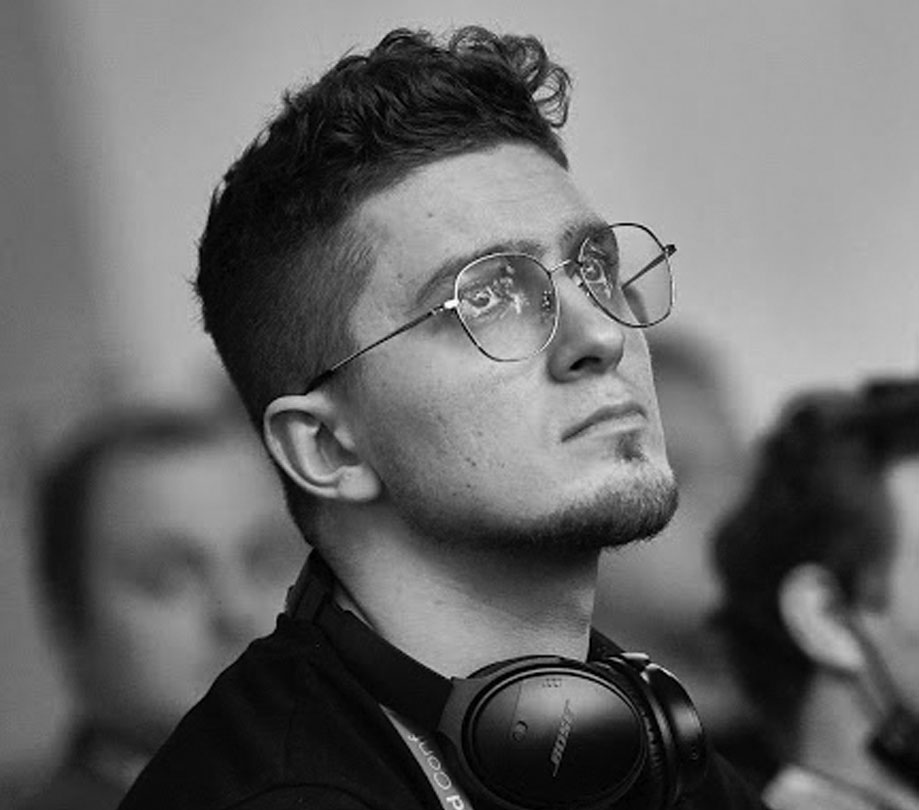Asked whether this would be a red line for Australia as well, if another encounter with the PLA resulted in casualties, Marles said hypotheticals were unhelpful.
“It is a matter of making sure that we are doing everything we can to avoid that situation,” he said. “The deeper the understanding we have with the People’s Republic of China about our behaviours and theirs, the better.”
The meeting with Dong followed a speech by Marles at a panel discussion earlier on Saturday in which he highlighted the incidents with Australian naval forces, China’s aggression in the South China Sea, and its recent military drills around Taiwan as undermining confidence in China’s role in maintaining global stability.
US Defence Secretary Lloyd Austin looks at the Shangri-La Hotel in Singapore on Saturday.Credit: AP
“As China steps up to a larger role it must accept, like all great powers, that there will be much greater scrutiny on the way it uses its strength and which countries it chooses to partner with. Acceptance of such restraints is the key to any successful and durable international order,” Marles said in the speech, as he questioned China’s support for Russia.
Loading
Marles’ speech was significantly more pointed in directly calling out China’s actions than the addresses given by US Defence Secretary Lloyd Austin and Marcos, who also addressed the summit. They canvassed similar concerns about military aggression in the South China Sea and disrespect for international law, but largely without naming China directly.
However, Marles’ remarks were toned down in parts from the draft excerpts circulated to journalists a day earlier. An explicit reference to regional order being impossible “without a leading Chinese role” and if China continued to ignore the “sovereign rights of its neighbours, or the obligations imposed by international law”, was pared back to a more generalised statement about this responsibility falling to “all countries – but especially big ones”.
In a question-and-answer session following his speech, Marles was confronted by Chinese delegate Qichao Zhu, dressed in military uniform, who complained about “mistakes” in his remarks. Zhu asserted that Taiwan was a province of China, claimed that a Philippines ship had “intentionally collided with China’s coast guard” and suggested that Marles’ concept of a rules-based international order was one centred on Australia’s national security interests.
In response, Marles said international arbitration mechanisms existed for working through disputes about international rules.
Austin also met Dong at the summit, and in his speech stressed the importance of dialogue with his Chinese counterparts saying that war with Beijing was neither imminent nor unavoidable.
Chinese military academic Cao Yanzhong asked Austin whether the US was trying to create an Asian version of NATO with its emphasis on partnerships and alliances. He suggested that could trigger conflict with China, citing the claim by Russian President Vladimir Putin that NATO expansion had led to war in Ukraine.
Austin said the US was simply co-operating with “like-minded countries with similar values” and was not trying to create a NATO-type alliance, while rejecting Cao’s interpretation of the cause of the Ukraine war saying Putin made a decision to “unlawfully invade” his neighbour.
Ukrainian President Volodymyr Zelensky is expected to address the summit on Sunday to build support among Asian leaders for his country’s war efforts against Russia and to appeal for them to support a peace summit in Switzerland next month, to which Russia was not invited and China is not attending.
With AP





















Discussion about this post